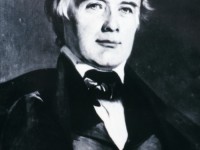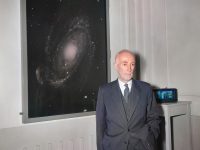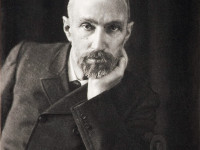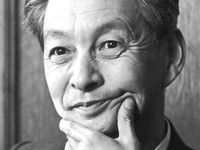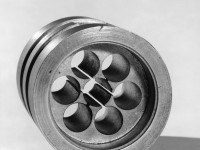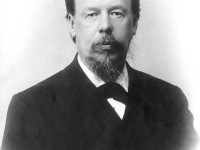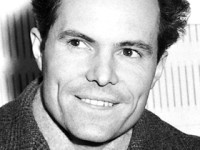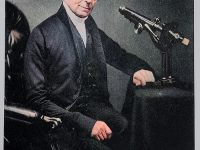James Pollard Espy – the Storm King
On May 9, 1785, U.S. Meteorologist James Pollard Espy was born. Espy developed a convection theory of storms and developed the use of the telegraph in assembling weather observation data by which he studied the progress of storms and laid the basis for scientific weather forecasting. James Pollard Espy – Early Years The youngest of ten children, James Espy was born in Westmoreland County, Pennsylvania, USA. He had an ardent desire for…
Read more

